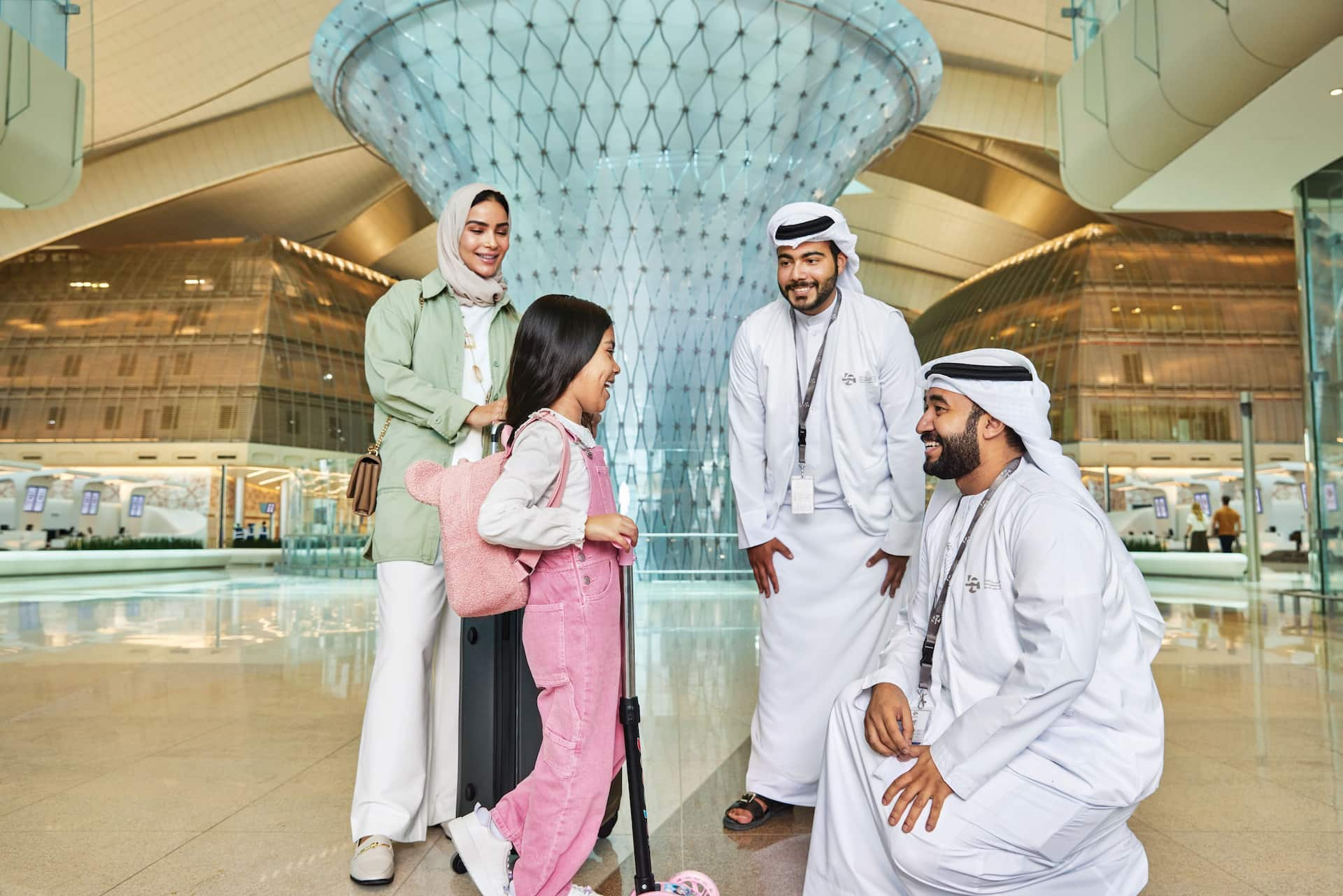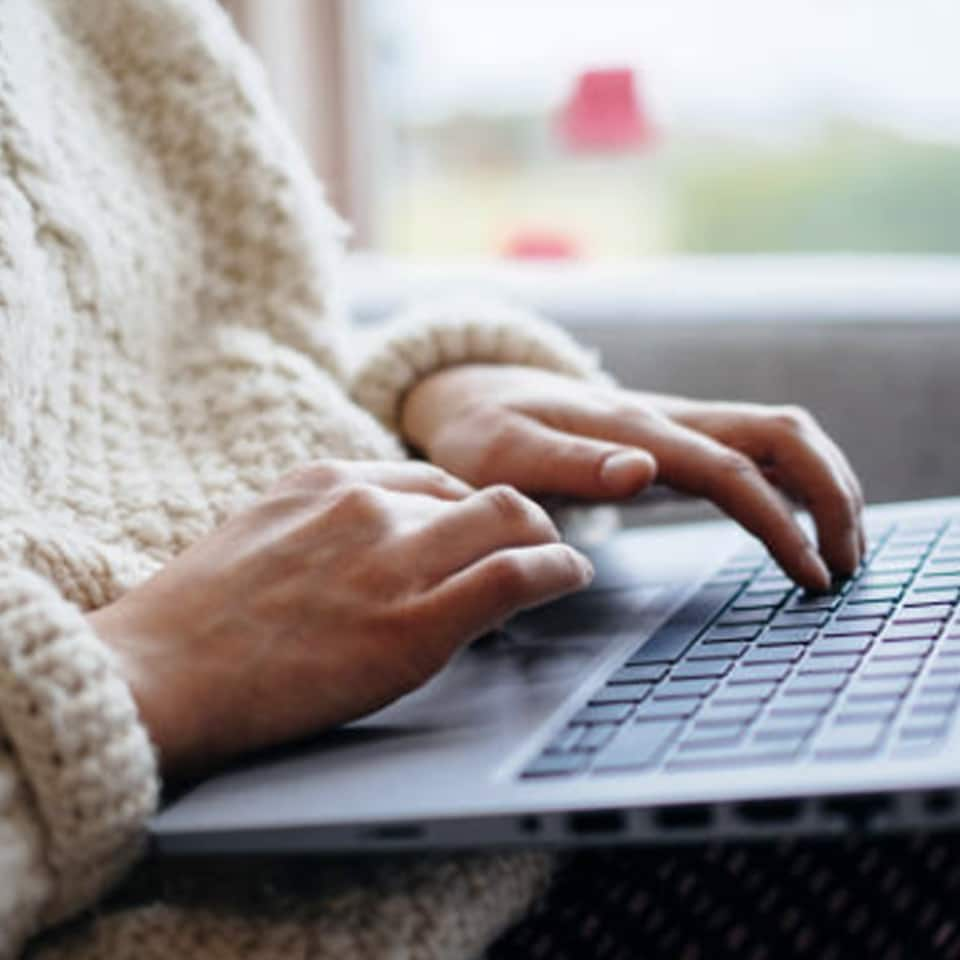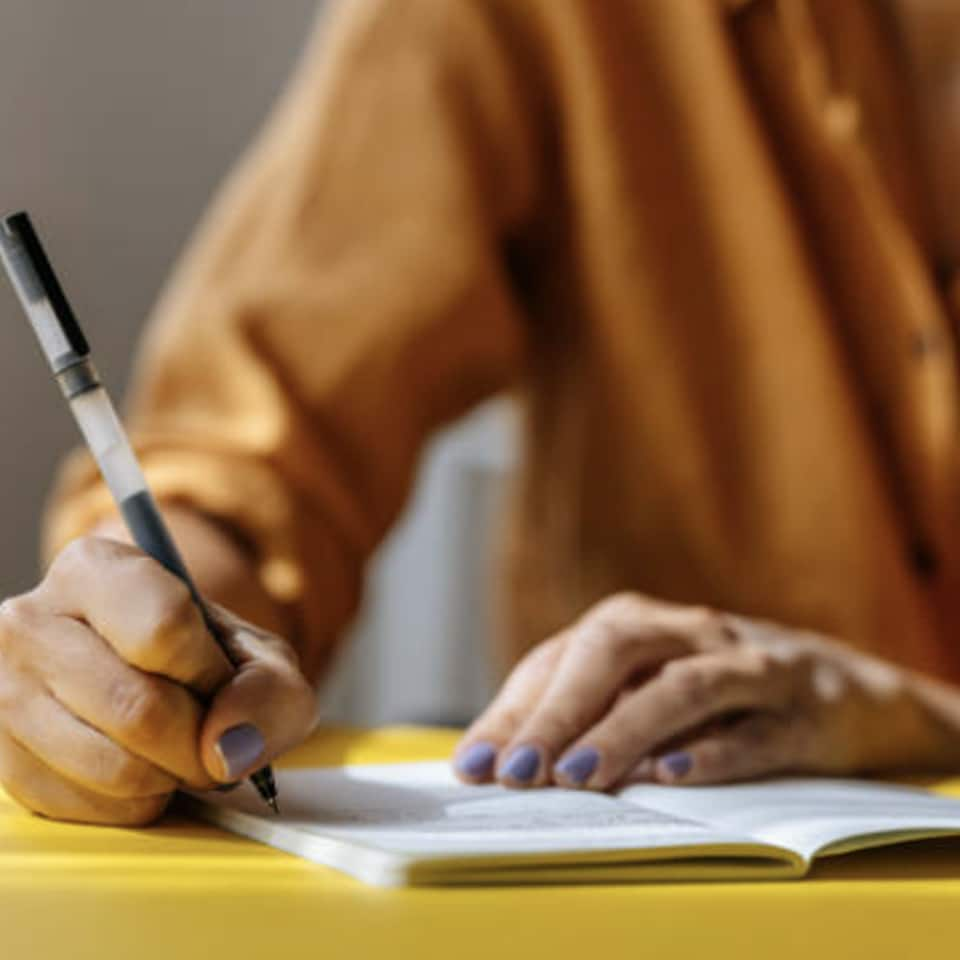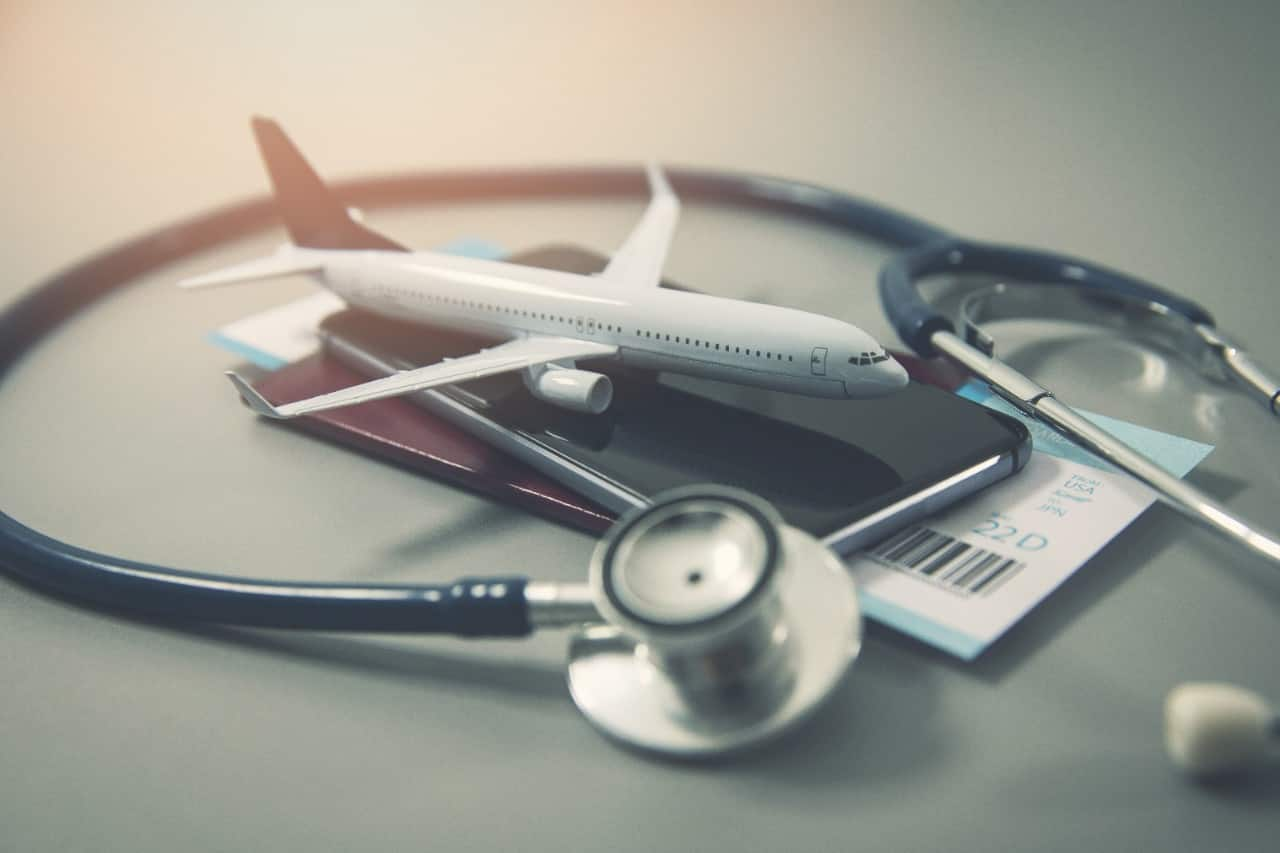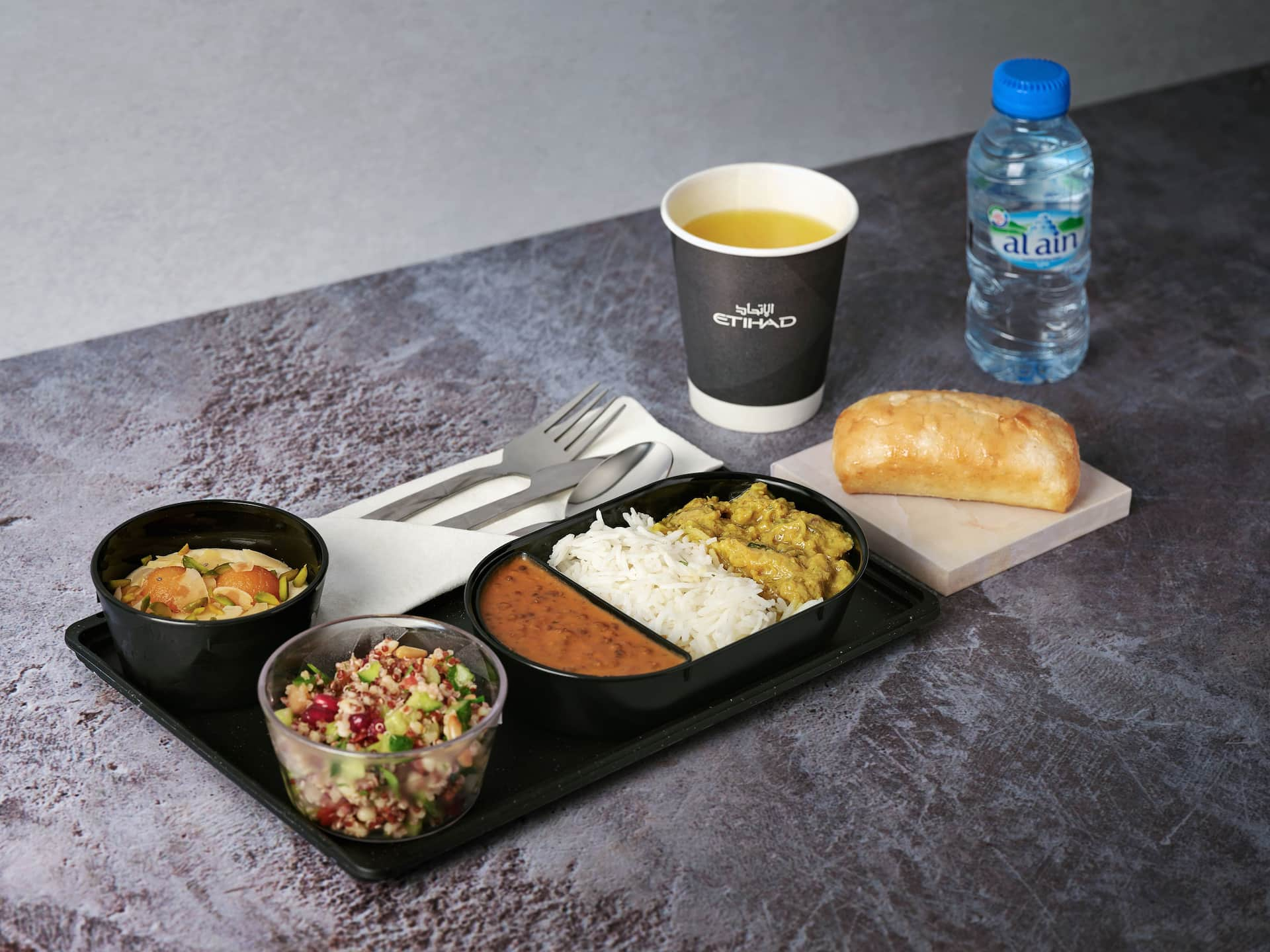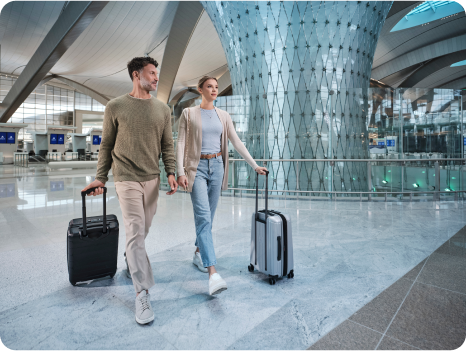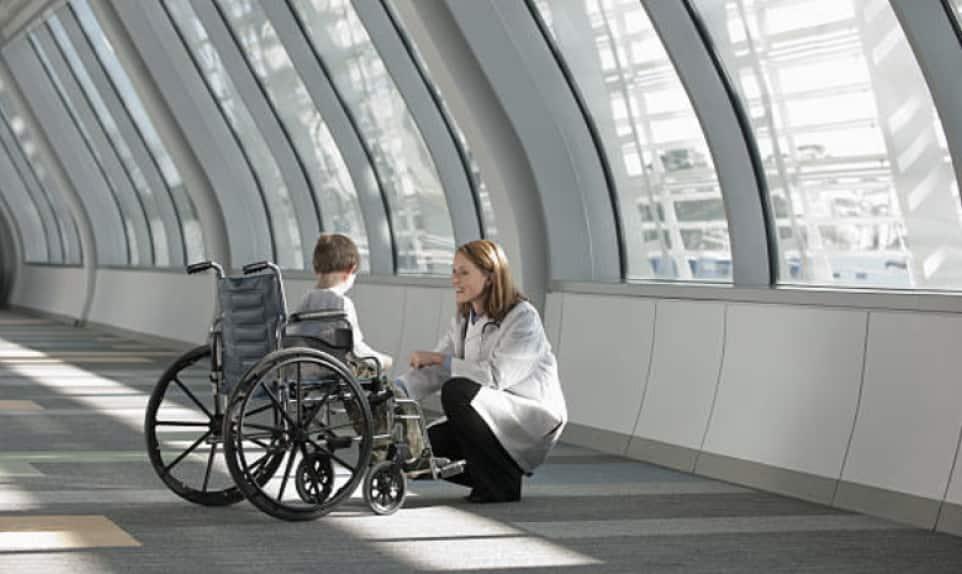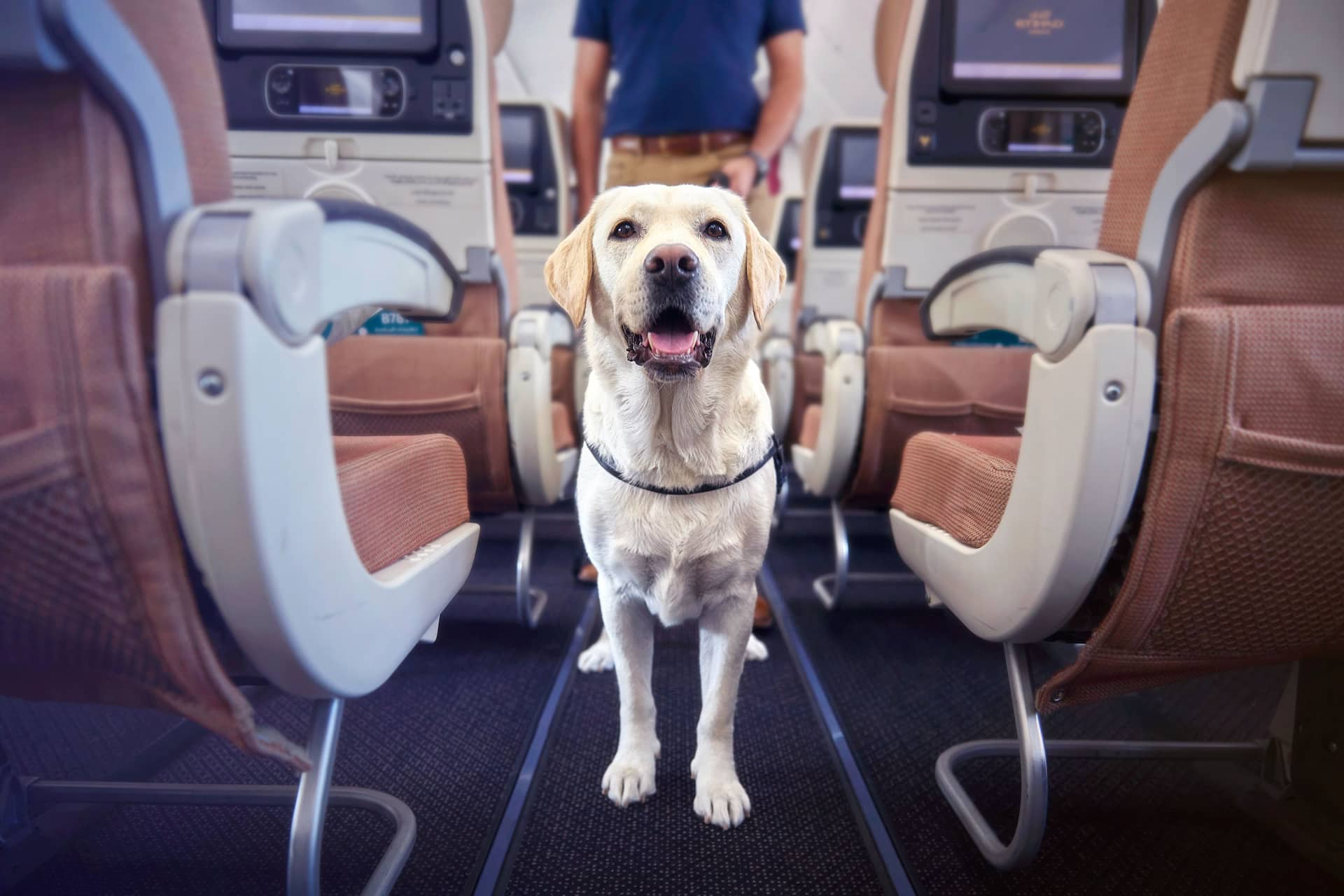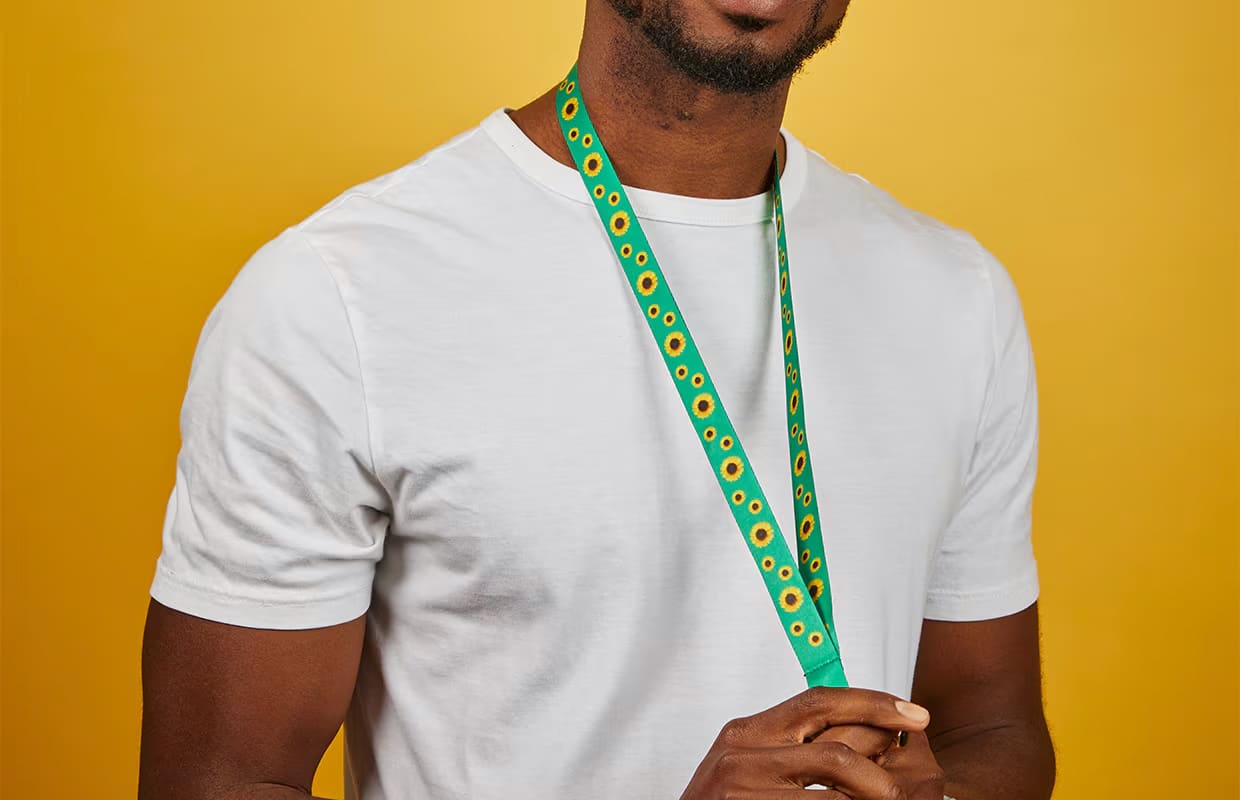Special assistance
Help and support for a smoother journey
- Pregnancy
- Medical assistance
- Dietary requirements
- Disability and mobility support
During the first 28 weeks of your pregnancy, you do not need a medical certificate to fly, though we’d always recommend speaking with your doctor to get their advice before you travel.
When you reach 29 weeks, you will require a medical certificate to fly, which you'll have to present at check-in at the airport.
If your pregnancy is complicated with a condition that adds extra risk, please make sure to complete a MEDIF form.
You can fly for up to 37 weeks of your pregnancy, or 33 weeks if you are having a multiple pregnancy.
We recommend that you don't fly for at least seven days after giving birth, though it’s important that you always speak to your doctor before you commit to any travel plans.
If the baby was born prematurely or there were complications, you are required to submit a MEDIF form and medical report.
| If you have a physical or cognitive disability, remember to visit etihad.com/manage to request medical assistance before you book your seat. Then, select your seat for free online or by calling us. |
| You can bring your own wheelchair for free in addition to your checked baggage allowance. The height of the wheelchair should not exceed 120cm. Some battery-powered wheelchairs and mobility aids require prior approval. Find out more |
| If you have a physical or cognitive disability, remember to visit etihad.com/manage to request medical assistance before you book your seat. Then, select your seat for free online or by calling us. |
- Medical & dietary
- Religious
- Baby & child
| MEAL | CODE | DESCRIPTION |
Asian vegetarian |
AVML |
|
Bland meal |
BLML |
|
Diabetic meal |
DBML |
|
Fruit plate |
FPML |
|
Gluten-free |
GFML |
|
Vegetarian lacto-ovo meal |
VLML |
|
Low-calorie meal |
LCML |
|
Low-fat/low-cholesterol meal |
LFML |
|
Low-sodium meal |
LSML |
|
Lactose-free meal |
NLML |
|
Raw vegetable meal |
RVML |
|
Vegetarian oriental meal |
VOML |
|
Vegetarian jain meal |
VJML |
|
Vegan meal |
VGML |
|
| MEAL | CODE | DESCRIPTION |
| Hindu meal (non-vegetarian) |
HNML |
|
| Kosher meal (requires 72 hour’s notice) |
KSML |
|
| MEAL | CODE | DESCRIPTION |
Baby meal |
BBML |
|
| Child meal (Non-vegetarian) |
CHML |
|
